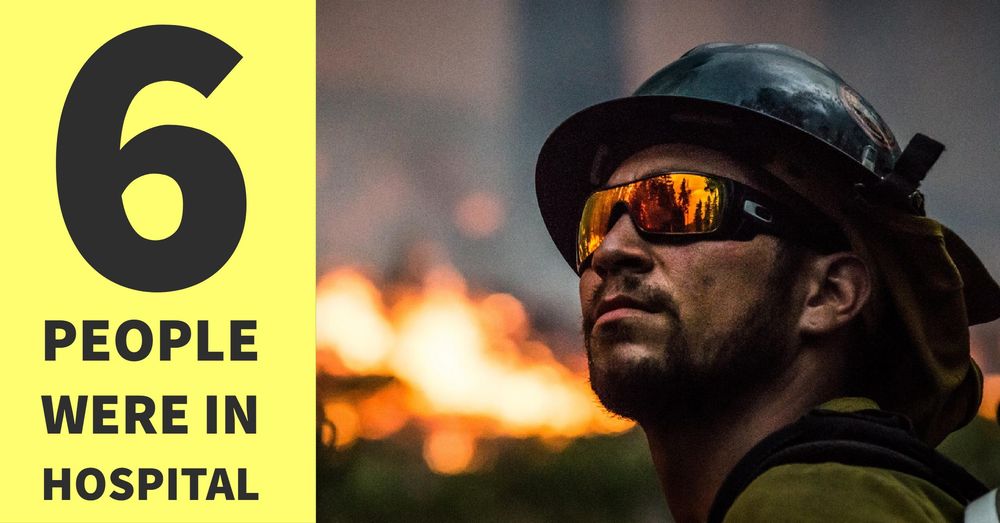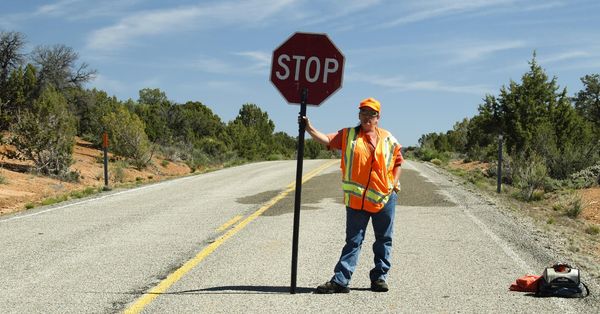
Larry: Well, our tourism industry wants Airbnb and other peer-to-peer rentals regulated. It comes after six members of a Malaysian family were taken to a hospital after a fire broke out in their Airbnb rental.
Now, the blaze is being treated as accidental, but now commercial accommodation providers are calling for Airbnb and others to have the same safety regulations as a hotel or motel.
Hospitality New Zealand’s accommodation spokesperson Rachael Shadbolt is with me. And, Rachael, good morning to you.
Full Audio Interview (transcription below):
Rachael Shadbolt: Good morning, Larry.
Larry: Did you fear something like this would happen?
Rachael Shadbolt: We were kind of waiting for something like this to happen. Of course, you don’t want it to happen. I’d just like to say that I hope everybody is recovering well because it’s a horrible for anybody to find themselves in, but it is something that the industry has feared for a long time.
Larry: And how big is this issue? Because they’re in competition with you, aren’t they? How big is this issue?
Rachael Shadbolt: Look, I think it is growing. Airbnb has certainly seen a massive growth in the peer-to-peer accommodation space, and if there isn’t mandatory requirements for these book-a-bach operators or Airbnbs to have fire alarms and extinguishers and evacuation plans in place.
You can’t guarantee that the property you’re going into is going to comply.
Larry: Yes, but these are houses, aren’t they, most of them? I guess some are apartments and they’ll have fire alarms, but they may have body corporate rules that prevent them from renting it out anyway. So this is an individual house. How can you police this?
Rachael Shadbolt: Well, I think that what we’re seeing is a lot of the councils around the country are taking a deeper interest in the peer-to-peer lending space and trying to get their heads around exactly how many properties are out there within their regions actually offering this service.
Once they identify that, then potentially they could put a warrant of fitness or something in place to allow them to actually sit within that category.
So there is a lot of tidying up to do potentially at a central and a national government level about what the requirements are when you do start an operation like this.
Larry: Councils, Rachael, appear to be interested because they can see some money in this. They can charge them business rates instead of residential rates. That’s what that’s about, isn’t it?
Rachael Shadbolt: Well, look, I think there is certainly a revenue opportunity, although they would argue that it’s not a huge revenue opportunity, but I think also there’s a duty of care required from a council. No region in the country would want this situation to happen to happen them either.
It’s a serious concern for the reputation of us as a tourism offering, that’s for sure.
Larry: Is one of your main objections here that some people run Airbnb as a business?
Rachael Shadbolt: Yeah, look, and I think that’s the thing that we’re most interested in is there are people that have done a fantastic job of turning this peer-to-peer renting into a viable commercial business.
Now, if you’re actually operating at that level, then arguably, they need to be paying a commercial rate, and also complying with all the rules and regs that other commercial operators have to comply with. It’s about a fair playing field, basically.
Larry: Right. Yes. And I’m not sure they’re all paying their taxes on their income either. So I mean, what does a business have to do as compared to somebody that’s just renting out their house? I mean what are your obligations?
Rachael Shadbolt: Regular sort of building checks, regular checks of all of the fire alarms, proper fire evacuation processes. If you’re a hotel, you run regular drills. The same with a motel, but that’s just on a smaller scale.
Obviously, when you go into a room, there’s instructions about evacuation, probably on the back of the door. You’ve seen the signs that sort of tell you about where to gather after a fire, and since the earthquakes, there’s also information about where to gather after earthquakes.

So there’s all that sort of information that the commercial accommodation industry just does. That’s what we’ve always done. But it’s really important in an emergency. The stuff has to be there.
Larry: Yes, and I’m not sure how you stand with your insurance if your house burns down and you’ve been renting it out for Airbnb. I just don’t know the answer. Do you at all?
Rachael Shadbolt: I believe the insurance companies are evolving to the Airbnb just as the rest of the world is.
Larry: Yeah. So how much is this peer-to-peer, that’s not only Airbnb, but that seems to be the most popular one, how much is it eating into the accommodation sector’s business?
Rachael Shadbolt: Well, I mean a couple of years ago we would’ve said, “Oh, look, it’s great, they’re just there for major events to soak up that extra sort of demand.”
I think now we could actually say they are a strong competitor in the market, and in some parts of the country, if you think like the hot holiday spots, they certainly are a very strong competitor when you compare it against motels, for example.
Larry: Okay. Thank you for coming on the program. Rachael Shadbolt, who is the accommodation spokesperson, Hospitality NZ.
Source: Newstalk ZB
P.S. Do you know of other people that will find this article useful? Please share it on social media. Thank you!